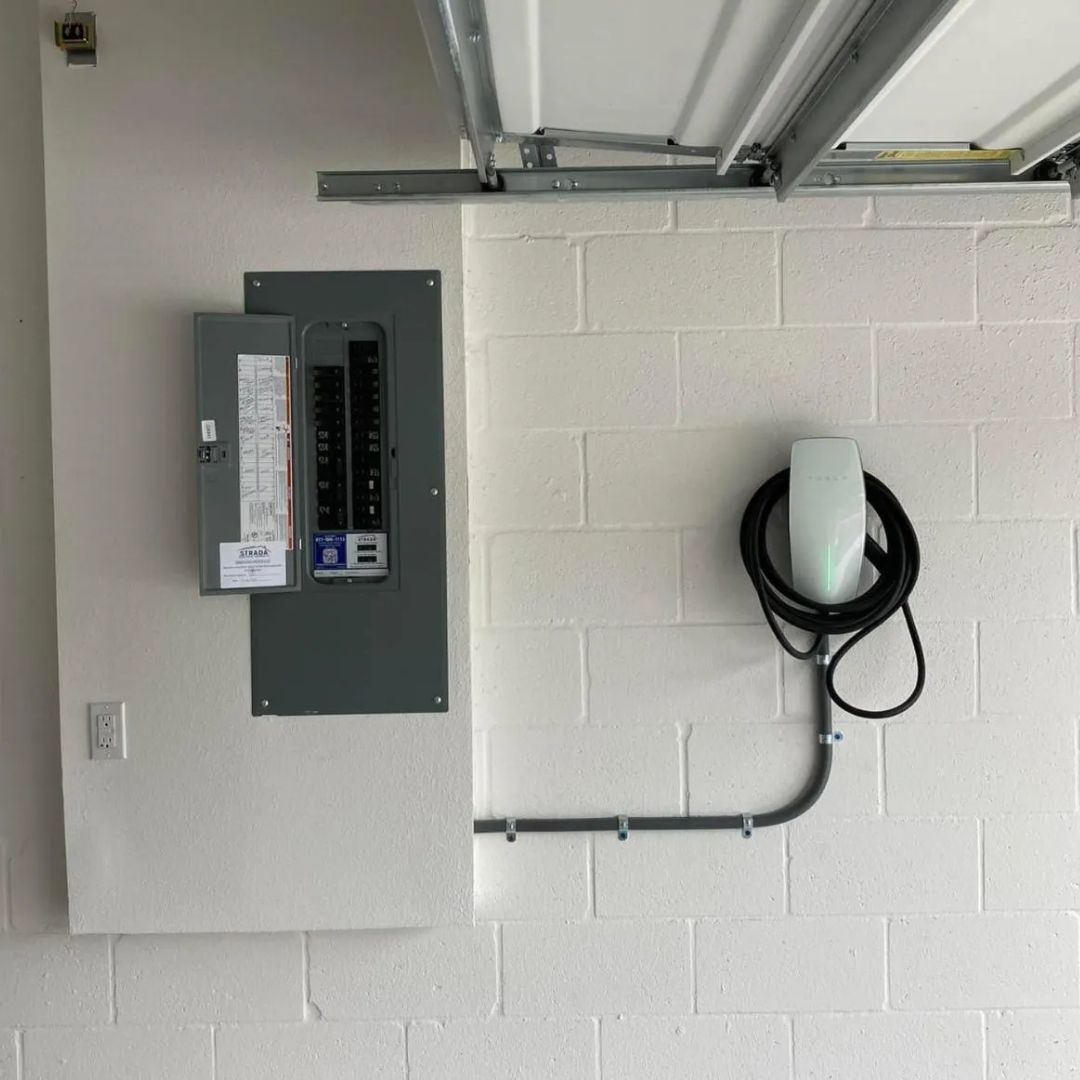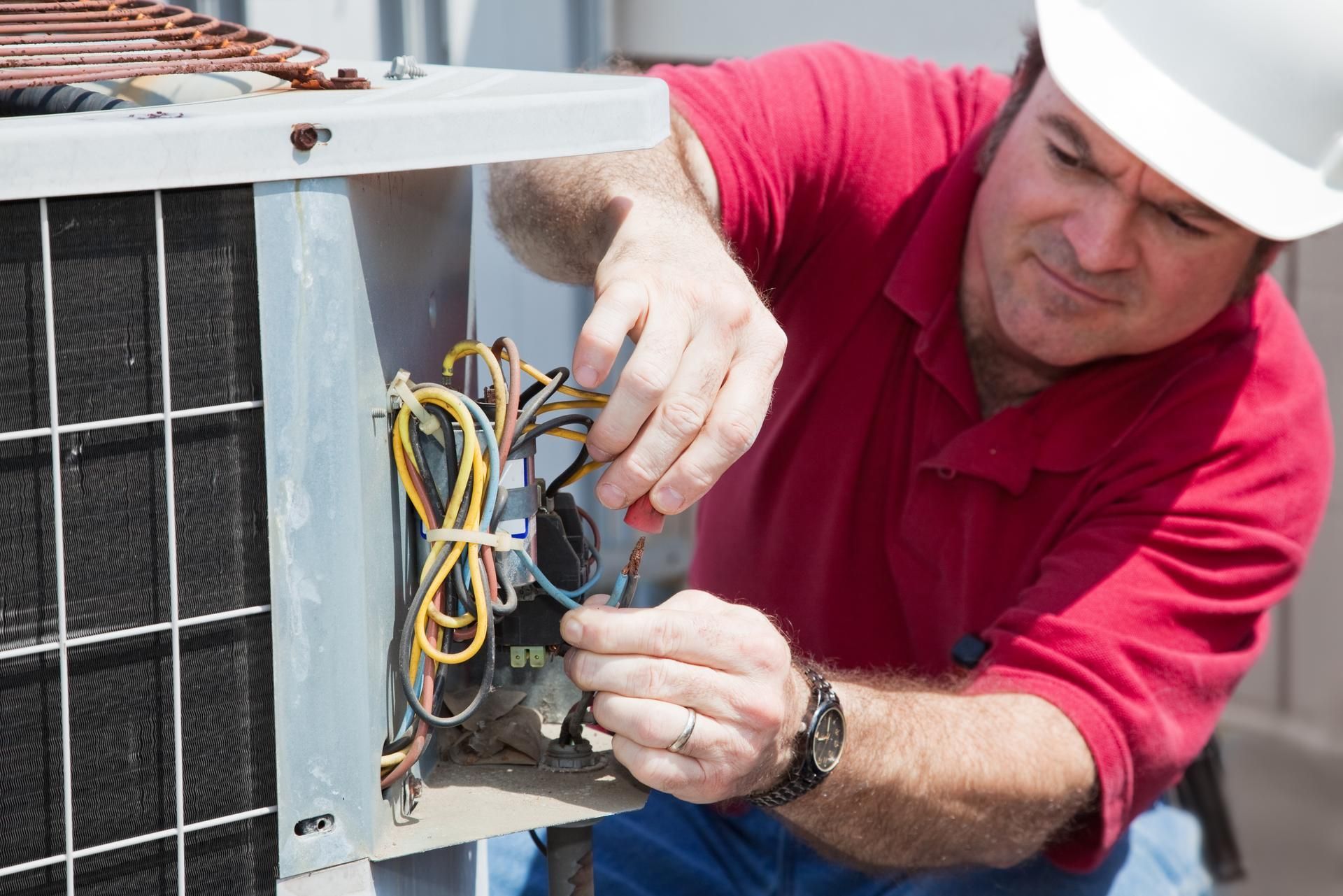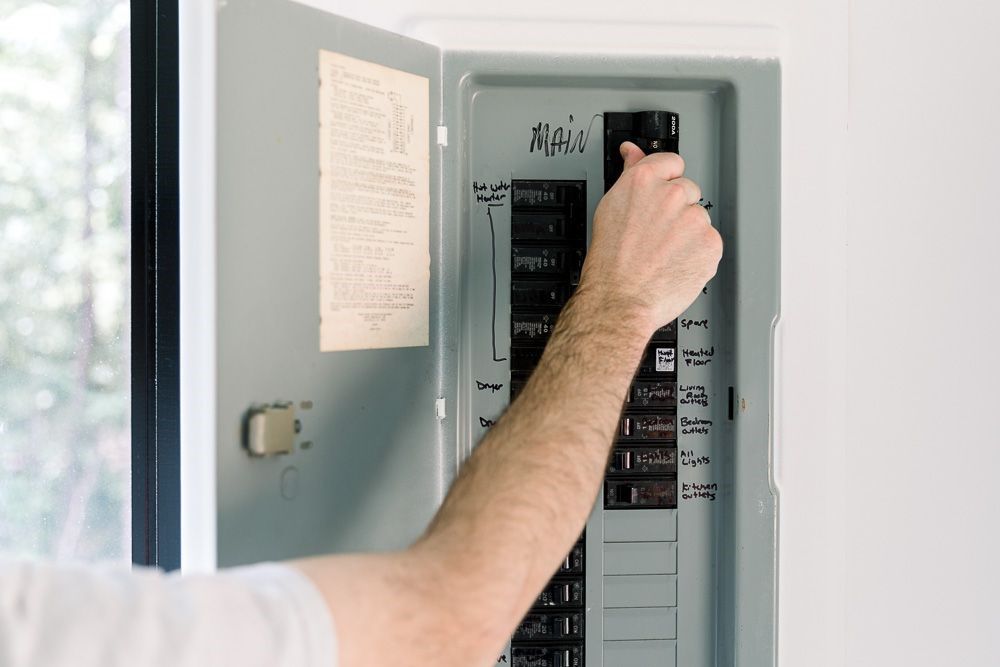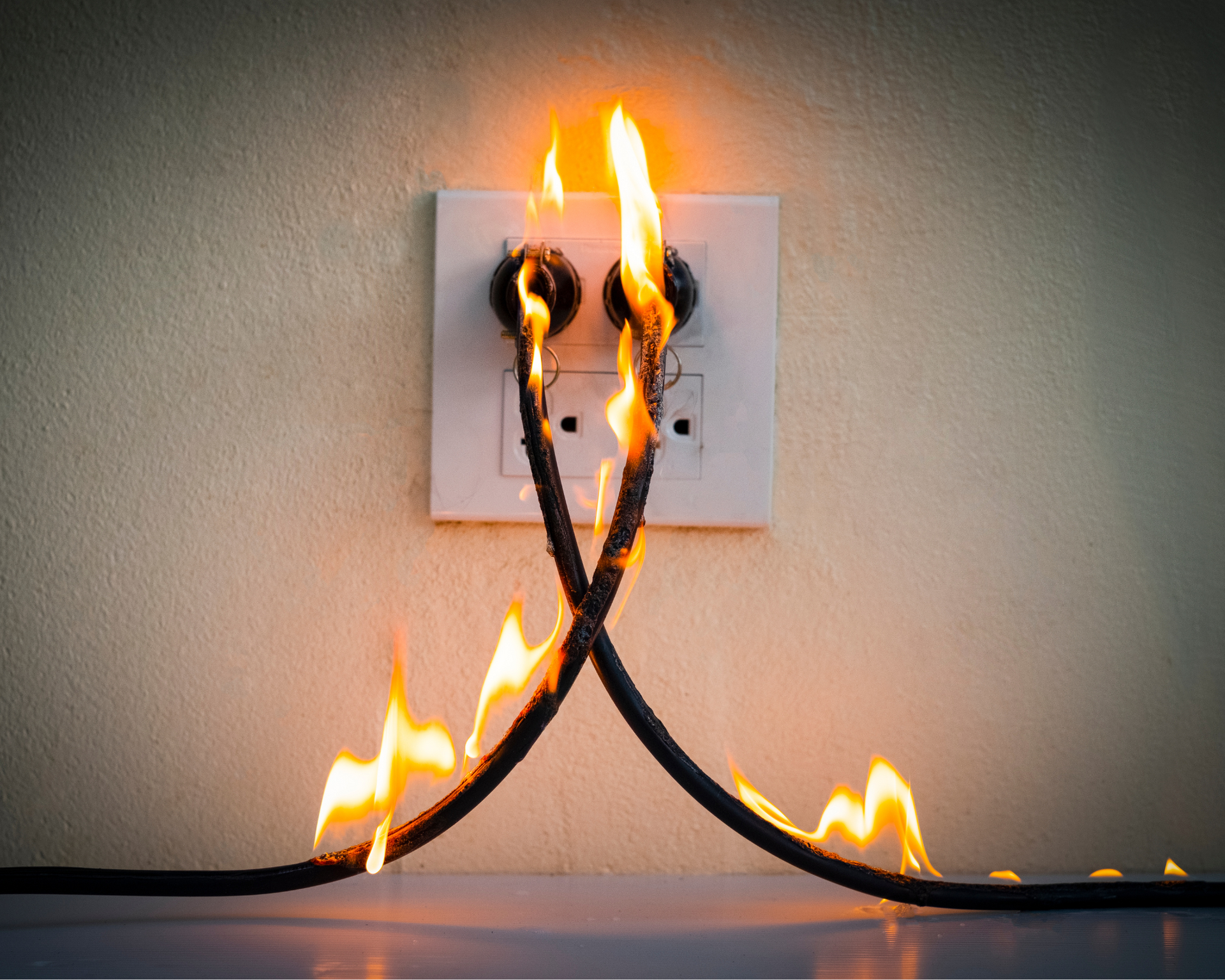Six Signs Your Ceiling Fan Needs an Electrical Service
Ceiling fans are a staple in many homes, combining functionality with the ability to enhance indoor comfort. However, like any electrical appliance, they are not immune to wear and tear. Identifying early signs of electrical issues can save you from more significant problems down the line. Here are six critical signs that your ceiling fan needs an electrical repair service.
Odd Noises
One of the first indicators that your ceiling fan might require electrical repair is the presence of odd noises. While a slight hum is normal, especially at higher speeds, clicking, buzzing, or grinding sounds are not. These noises could indicate loose connections, worn-out bearings, or other internal electrical problems. For instance, buzzing might signify an issue with the motor or loose parts vibrating against one another, while grinding often points to deteriorating bearings that need immediate attention. Ignoring these sounds can lead to more severe damage over time, potentially causing the entire unit to fail. This compromises the fan's performance and poses safety risks, such as overheating or even electrical fires.
Flickering Lights
Many ceiling fans come with integrated lighting fixtures. If you notice the lights flickering or dimming frequently, this could be a sign of electrical issues. Flickering lights may result from a variety of problems, from loose wiring to more complex issues within the fan’s circuitry. It is essential to address this problem promptly, as faulty wiring could pose a fire hazard, putting your home and family at risk.
Sluggish Performance
A ceiling fan operating slower than usual is another sign that it needs professional attention. Sluggish performance can often be attributed to electrical issues, such as deteriorating capacitors or inefficient wiring. When the electrical components fail to provide the necessary power, the fan blades will not rotate at their optimal speed. This not only compromises your comfort but can also lead to increased energy consumption, resulting in higher utility bills.
Unresponsive Controls
If your ceiling fan becomes unresponsive to its remote or wall switch, this could point to underlying electrical problems. Whether the fan doesn't turn on, changes speeds erratically, or the lights refuse to respond, these issues should not be overlooked. Electrical glitches within the control system often necessitate a thorough inspection and repair by a qualified technician to ensure the fan's smooth and reliable functionality.
Overheating Motor
Lastly, if you detect a burning smell or notice that your ceiling fan’s motor feels unusually hot to the touch, it is imperative to seek immediate electrical repair services. An overheating motor is a clear sign of electrical malfunction, potentially due to overloaded circuits, short-circuiting, or failing components. Continuing to run an overheating fan can result in severe damage and even pose significant safety hazards, including the risk of fire.
Wobbling or Shaking
Another sign that your ceiling fan may need electrical repair is if it starts to wobble or shake excessively while in operation. While a slight wobble is not uncommon, particularly in high settings, significant movement should not be ignored. This wobbling could be due to imbalanced blades or loose screws, but it may also indicate deeper electrical issues, such as faulty wiring or a failing motor. Addressing this problem swiftly is crucial as a wobbly fan can cause wear on the fan's components and increase the risk of it detaching from its mount, leading to potential injury or property damage.
Knowing when to call for electrical repair services can make a significant difference in maintaining your ceiling fan's efficiency and longevity. Addressing these issues promptly not only ensures the fan's performance but also safeguards the well-being of your home. If you observe any of these signs, do not hesitate to contact us at Faulkner Electric for a thorough evaluation and necessary repairs.













